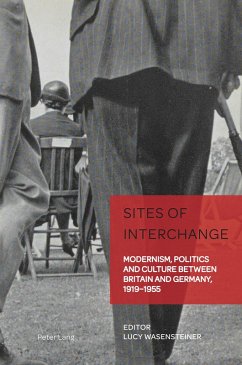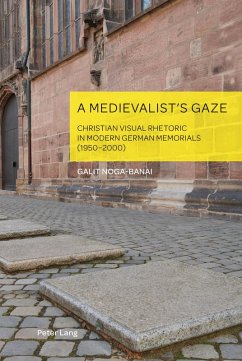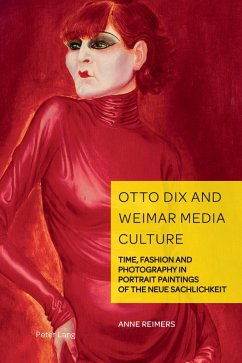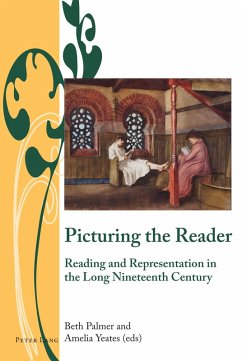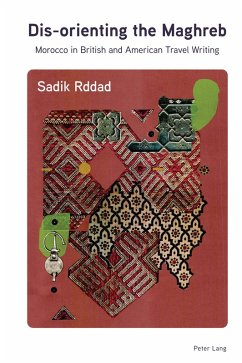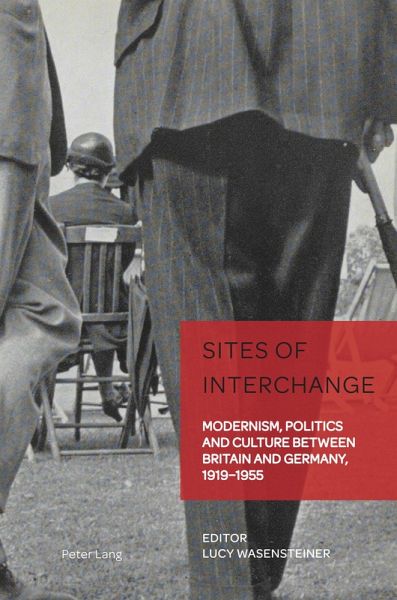
Sites of Interchange (eBook, ePUB)
Modernism, Politics and Culture between Britain and Germany, 1919-1955
Versandkostenfrei!
Sofort per Download lieferbar
Statt: 80,85 €**
66,95 €
inkl. MwSt.
**Preis der gedruckten Ausgabe (Gebundenes Buch)
Alle Infos zum eBook verschenkenWeitere Ausgaben:

PAYBACK Punkte
33 °P sammeln!
Early twentieth-century Germany was a site of extremes, in which cultural production was entangled in the swiftly changing political and economic landscape. Radical utopias and pragmatic solutions for life and culture were proposed, modernism embraced and dramatically rejected. Britain in the same period can seem comparatively stable, a nation wedded to established cultural forms in the face of social change. Yet throughout the period, there remained a lively interchange between the two countries. This collection of essays, by scholars working between Britain and Germany, elsewhere in Europe a...
Early twentieth-century Germany was a site of extremes, in which cultural production was entangled in the swiftly changing political and economic landscape. Radical utopias and pragmatic solutions for life and culture were proposed, modernism embraced and dramatically rejected. Britain in the same period can seem comparatively stable, a nation wedded to established cultural forms in the face of social change. Yet throughout the period, there remained a lively interchange between the two countries. This collection of essays, by scholars working between Britain and Germany, elsewhere in Europe and in North America, looks anew at the complicated cultural relationship between Britain and Germany in the years between 1919 and 1955. It sets out to explore the connections between the two countries during this time in the fields of fine art and arts institutions, architecture, design and craft, photography, art history and criticism. It explores how practitioners in the two countries learned from and influenced each other, seeking to highlight the relevance of these interchanges today.
Dieser Download kann aus rechtlichen Gründen nur mit Rechnungsadresse in A, D ausgeliefert werden.




